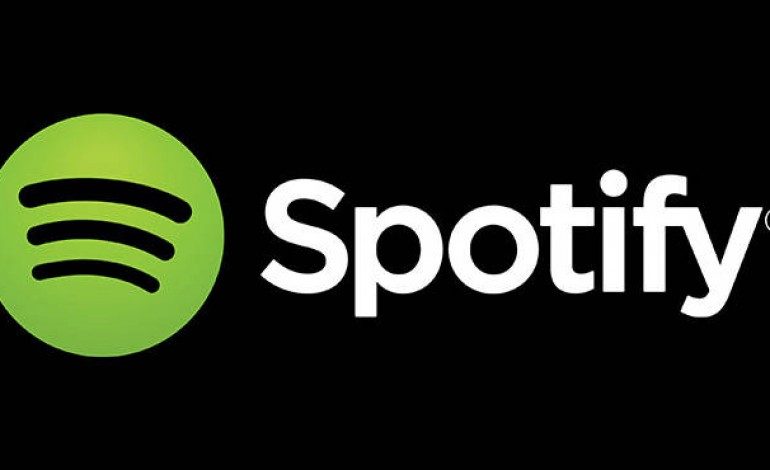

Spotify reportedly plans to change its royalty model to demonetize low-streaming tracks. According to The Fader, the company anticipates making these changes in 2024 to help “combat three drains on the royalty pool — all of which are currently stopping money from getting to working artists.”
Furthermore, the drains, more specifically, are specifically from low-streaming music alongside alleged fraudulent activity performed on the music platform and non-music “noise” audio.
The music streaming platform is expected to implement three solutions to combat these issues, that is, “to introduce a threshold minimum annual streams before a track starts generating royalties on Spotify — in a move expected to demonetize a portion of tracks that previously absorbed 0.5% of the service’s royalty pool…” “financially penalizing distributors of music — labels included — when fraudulent activity is detected on tracks that they’ve uploaded to Spotify…” “introducing a minimum length of play-time that each non-music ‘noise’ track must reach to generate royalties.”
Music Business Worldwide and Billboard have reported Spotify to discuss future negotiations to make contracts to implement their changes with its royalty model with three music corporations. The music corporations include Universal Music Group, Warner Music Group and Sony Music Entertainment.
The CEO of Universal Music Group, Lucian Grainge, discussed his views on Spotify’s “Streamshare” system alongside an “artist-centric model” that would reward “real” artists for their engagement with their fans.
Last month, Spotify’s CEO, Daniel Ek made the decision not to ban AI-generated tracks. He agreed that the production of AI-generated tracks was valid, however, users of AI technology should not impersonate real music artists without prior consent.
